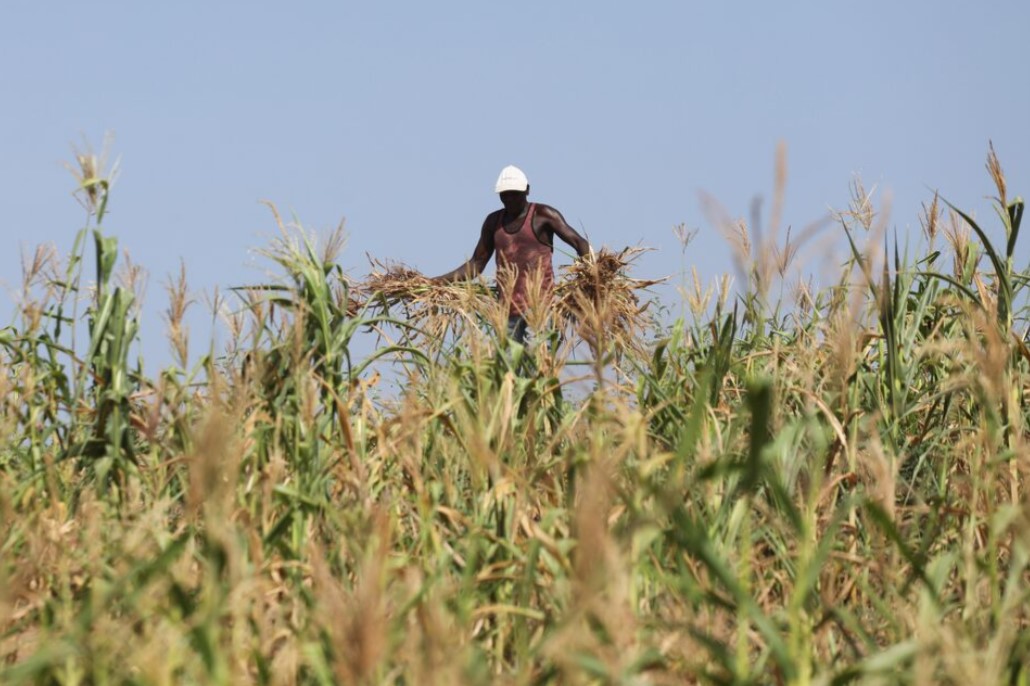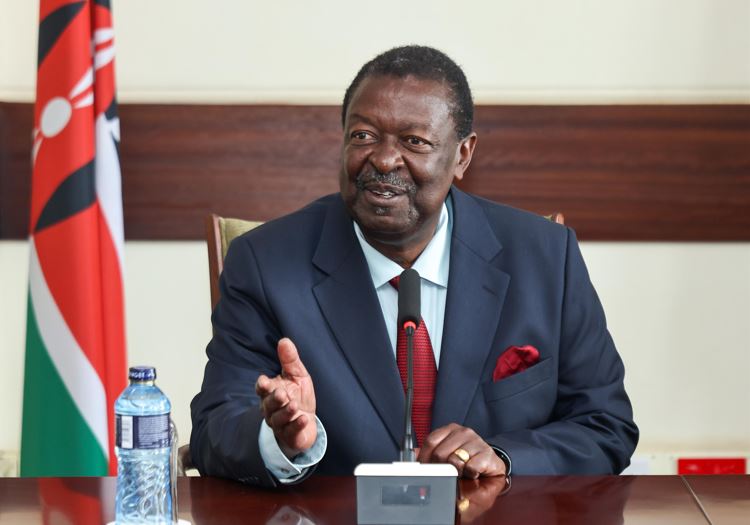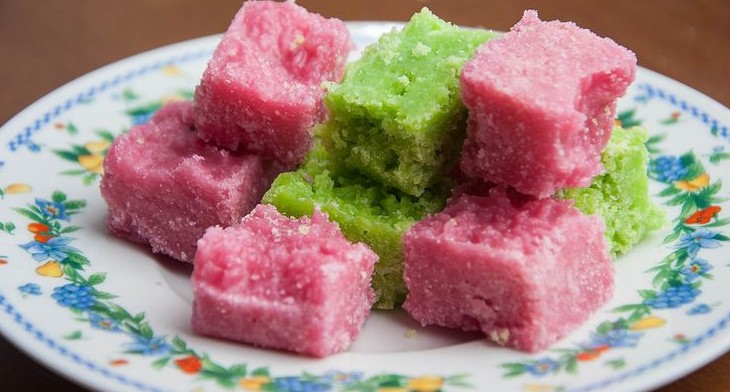Government introduces new GMO regulations after High Court lifts ban

The new regulations aim to ensure that the development, importation, and use of GMOs are conducted safely, with a strong focus on protecting human and animal health, as well as the environment.
In a move to regulate the rearing and handling of genetically modified organisms (GMOs), the government has announced a set of new guidelines for Kenyans seeking to engage in the cultivation and trade of GMO crops.
The announcement comes after the High Court lifted the ban on GMOs in a landmark ruling on November 7, 2024.
More To Read
- Mutahi Kagwe: Only locally developed GMOs will be allowed in Kenya
- State invites public input on proposed release of GMO maize
- Battle to stop GMO foods in Kenya lands in Court of Appeal
- Authority issues new guidelines for importing GMO animal feeds in Kenya
- High Court rejects petitions challenging lifting of GMO ban
- Group launches campaign against proposed laws it says will hurt farmers
In a notice released on Tuesday, the National Biosafety Authority (NBA) outlined the procedures individuals and organisations must follow to participate in the rearing, importation, or trade of GMOs.
The authority emphasised that anyone involved in these activities must first obtain approval from the government before proceeding.
"By virtue of the High Court ruling, the Authority draws the attention of persons wishing to deal in GMO products to the provisions of the Biosafety Act, 2009 Sections 18, 19, 20, 21, 22, 23, and 50, and the regulations made thereunder, which require such persons to make applications to the Authority for approval to deal with the said products," read the notice.
The new regulations aim to ensure that the development, importation, and use of GMOs are conducted safely, with a strong focus on protecting human and animal health, as well as the environment. Under the Biosafety Act, the NBA is tasked with overseeing all GMO-related activities in Kenya.
In particular, the guidelines target individuals and organisations wishing to engage in the importation of GMOs. These applicants are required to follow specific procedures, which can be accessed on the NBA's website and the E-Citizen platform.
Penalties
The NBA also made it clear that non-compliance with these regulations could result in severe penalties. According to the Biosafety Act, anyone who violates the guidelines could face a fine of up to Sh20 million, imprisonment for up to ten years, or both.
These new regulations follow the High Court's decision on November 7, 2024, to dismiss all petitions that challenged the government's decision to lift the ban on GMOs.
Justice Lawrence Mugambi, presiding over the case at Milimani Law Courts in Nairobi, ruled in favour of the government's decision, allowing for the commercialization of genetically modified crops in Kenya.
The lifting of the ban marks a significant milestone in Kenya's agricultural sector, which has already seen the introduction of Bacillus Thuringiensis (BT) cotton.
Additionally, clinical trials for BT maize and cassava have been completed, and the market release of these GMO crops was previously contingent on the court's ruling.
The government's move to regulate the GMO sector comes amid ongoing debates over the safety and potential benefits of genetically modified crops.
Proponents argue that GMOs could increase food security and help fight pests and diseases, while opponents have raised concerns about their long-term environmental and health impacts.
Other Topics To Read
Top Stories Today















































